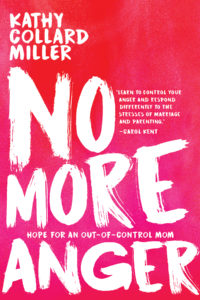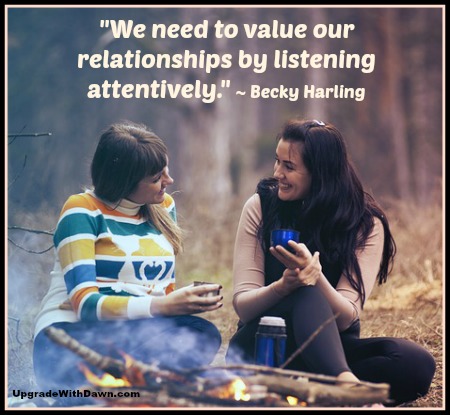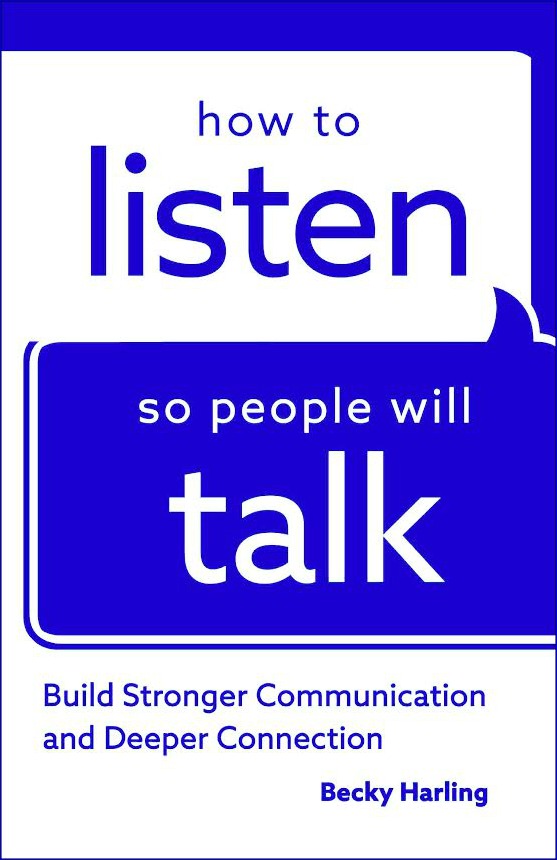Communicate Well with that 'Irregular' Person
Kathy Collard Miller speaks well to relationships, and especially how we get along. In this Communication UPGRADE, she offers biblical insight into communication skills we all need.
“Someone has said, ‘An irregular person is anyone we don’t get along with,’” Kathy says. “But we should remember someone may be calling us their irregular person! And maybe it’s because our communication skills could improve.”
That is so true! I (Dawn) discovered that when the Lord opened my eyes about someone I thought was too direct and a bit critical in our conversations. As it turned out, I was hyper-sensitive and reactive—something I needed to change.
Kathy continues . . .
It’s easy to think negatively about someone when there is a lack of harmony between us.
“After all, if she weren’t such an irregular kind of person, she wouldn’t misunderstand me. All my other friends understand me. It must be her."
I’ve been studying the biblical book of Proverbs and communication is an important topic in that practical book. Let’s see what insights God offers us for better communication. Maybe we are more irregular than we think.
There are always skills we can learn.
1. Talk less than you think you should even if you feel defensive.
Proverbs 10:19 urges us, “When words are many, transgression is not lacking, but whoever restrains his lips is prudent” (ESV).
How true, how true. We all are able to hold our tongue and, at that point, things are going well.
But then we reach our limit and we try to defend ourselves with many words.
Most of the time, many words get us in big trouble.
The more we say, the less we are heard and understood. One temptation is adding points that aren’t relevant to the current topic.
“Oh, and by the way, I’ve been meaning to tell you also about how a month ago you….”
Our many words have now become more complicated and the real issue is harder to deal with.
Less is more in relationships, and especially with someone we aren’t connecting with well. Let’s ask God to help us speak less than more.
2. Keep your voice soft.
Of course such advice as “keep your voice soft” seems impossible, but it really is possible to learn. You’ll be motivated even more when you begin to see the advantages it brings.
Proverbs 15:1 tells us, “A soft answer turns away wrath, but a harsh word stirs up anger.”
At the time of dealing with someone who seems against us, we feel powerless. They won’t listen nor heed what we’re saying. Everything within us wants to be heard and by golly, we’ll raise our voice to make it happen.
DON'T.
It’ll be the hardest thing ever, but don’t. Instead, use the “broken record technique.” Just say the main point over again in a normal voice.
For instance, “I hear you think I said … but I really said ….” When the person raises her voice and is defensive, again repeat softly, “I hear you think I said … but I really said…” Repeat again as needed—softly!
This is extremely hard but it is possible in God’s power. As a result, you’ll see anger is less likely to be stirred up and there’s a better possibility of a positive conversation.
3. In the end, God must be the one we depend upon to protect us.
After all we’ve done, our efforts may not gain us what we want. Our “irregular” person may respond more aggressively, and we wonder what they are thinking of us. Is it even worse than before?
Our only peace must come from the truth of Proverbs 30:5: “Every word of God proves true; he is a shield to those who take refuge in him.”
Our words haven’t gained us what we wanted, but God’s Word never goes wrong. The Lord knows the truth about us and our intentions, and He will protect us according to His loving will for us.
We can trust Him.
What can I do to help communicate with the person who seems irregular to me? When my efforts don’t turn out the way I’d prefer, how can I find God as my refuge?
Kathy Collard Miller is the author of over 50 books, her most recent is No More Anger: Hope for an Out-
 of-Control Mom (Elk Lake Publishing, Inc.). She loves to speak at evenats and has spoken in more than 30 US states and eight foreign countries. Learn more about Kathy at www.KathyCollardMiller.com.
of-Control Mom (Elk Lake Publishing, Inc.). She loves to speak at evenats and has spoken in more than 30 US states and eight foreign countries. Learn more about Kathy at www.KathyCollardMiller.com.
Graphic adapted, courtesy of Pasja1000 at Pixabay.
 1 Comment → Posted on
1 Comment → Posted on  Wednesday, July 25, 2018 at 7:15AM
Wednesday, July 25, 2018 at 7:15AM  Anger,
Anger,  Angry,
Angry,  Communicate,
Communicate,  Communication,
Communication,  Communication Skills,
Communication Skills,  Few Words,
Few Words,  Irregular Person,
Irregular Person,  Kathy Collard Miller,
Kathy Collard Miller,  Many Words,
Many Words,  Soft Words,
Soft Words,  The Tongue,
The Tongue,  Upgrade with Dawn Upgrade Your Life
Upgrade with Dawn Upgrade Your Life  Communication,
Communication,  Relationships
Relationships 















